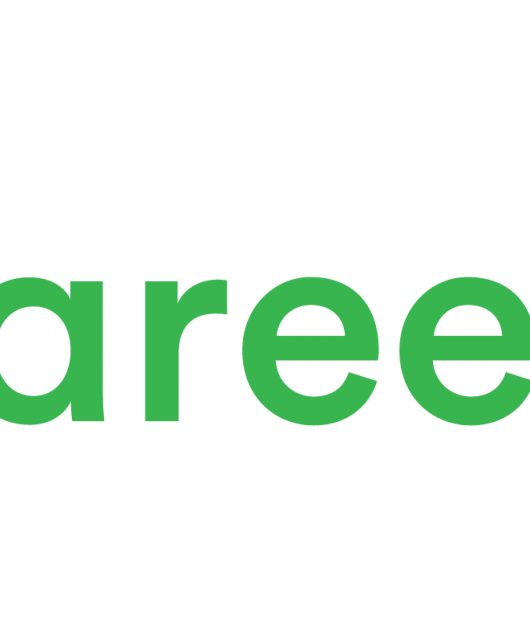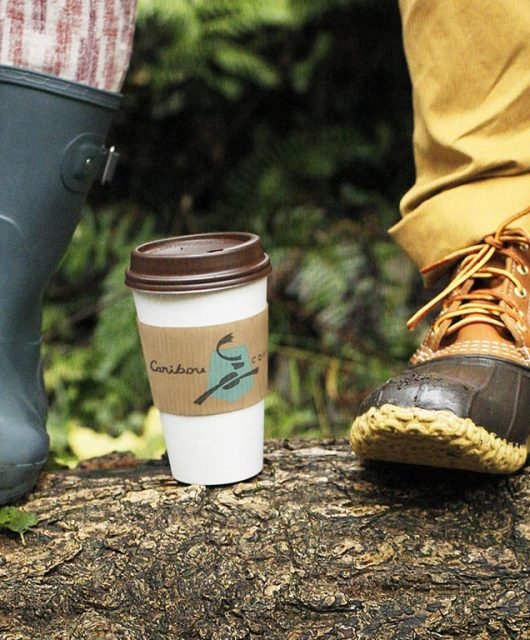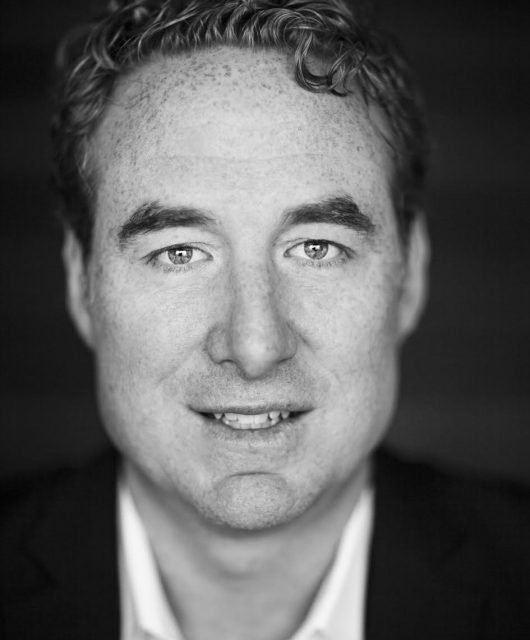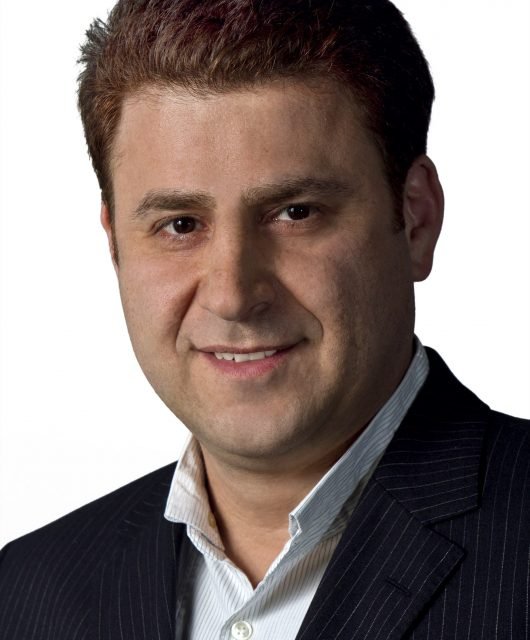As the rather warm night of January 8th, 2019 unfolded, a trio of the most talented African footballers waited anxiously for the much-hyped announcement of CAF’s best African football player of the year award winner. Earlier that night, Mohamed Salah, his teammate from Liverpool, Sadio Mane and Pierre-Emerick Aubameyang, who also plays in the Premier League for Arsenal, arrived at the Abdou Diouf InternaMonal Conference Center in Dakar, Senegal, together with 1,250 guests and more than 200 media representatives from all around the world for the prestigious event.

Behind the scenes, another Egyptian team played the game of their lifetime. This prestigious CAF awards has been rebranded by The Brand Bees , one of Egypt’s leading branding agencies.
Brandberries sat with Osman Badran, CEO of The Brand Bees, and Taimour Othman, the Creative Leader of the agency, for an exclusive interview to delve deep into the details of how they rebranded CAF awards to reflect the rich multi-cultural heritage of the African continent.
BB: Rebranding is not a spur of the moment decision, it’s a strategic move by a brand to achieve a certain objective. Can you give us some insights on the objectives behind the rebrand of CAF awards?
OB: CAF oversees African football in every single aspect. It is their job to make sure that African football, and African footballers are properly presented to the global sports industry and football fans all around the world. The target was to start polishing CAF and create a timeless identity that can continue as a theme for the upcoming years as well. The bigger picture is that there is a need to promote Africa and African players inside and outside the continent.
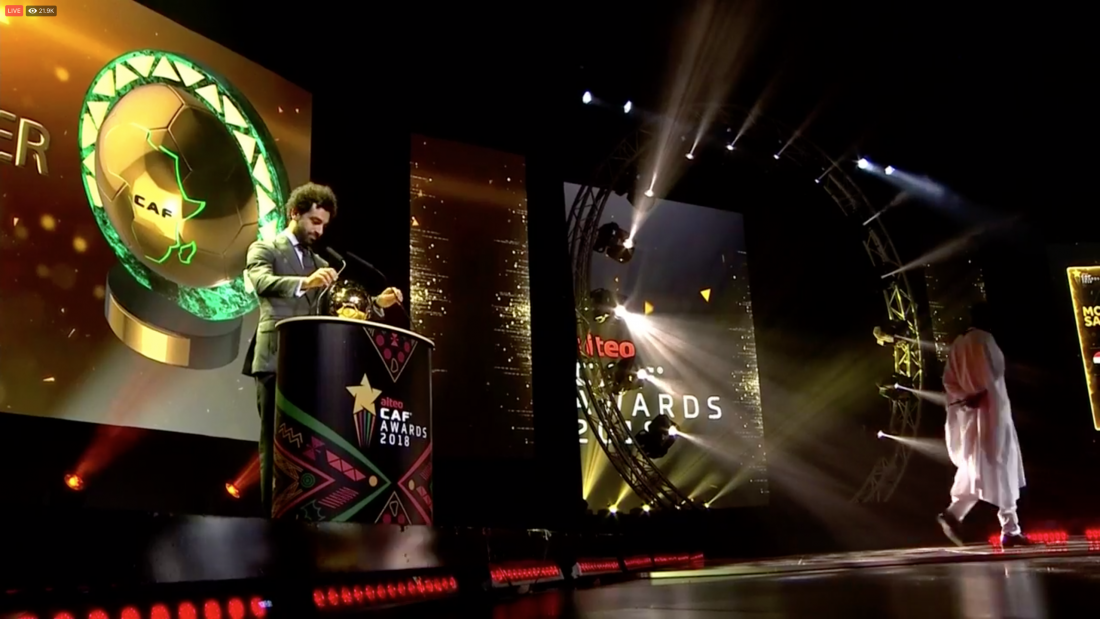
BB: It is always a paradox to revamp a brand with a long-standing heritage. How was The Brand Bees able to balance between adding a modern twist and at the same time preserve the inheritance of the brand?
OB: People now appreciate modern approach in almost everything in their daily lives. They are used to it, and they like it. What we tried to do here was to paint the origins of Africa with a modern twist. We did not want to just go with the flow, we wanted to cater to people from the African continent first. The football business and football fans from all over the world will still observe and see what we’re doing, but all the key performers are Africans, so we need to speak their own language. We decided not to shy away from our heritage, since we do have a very diverse and rich one, but we still needed to add the modern twist.
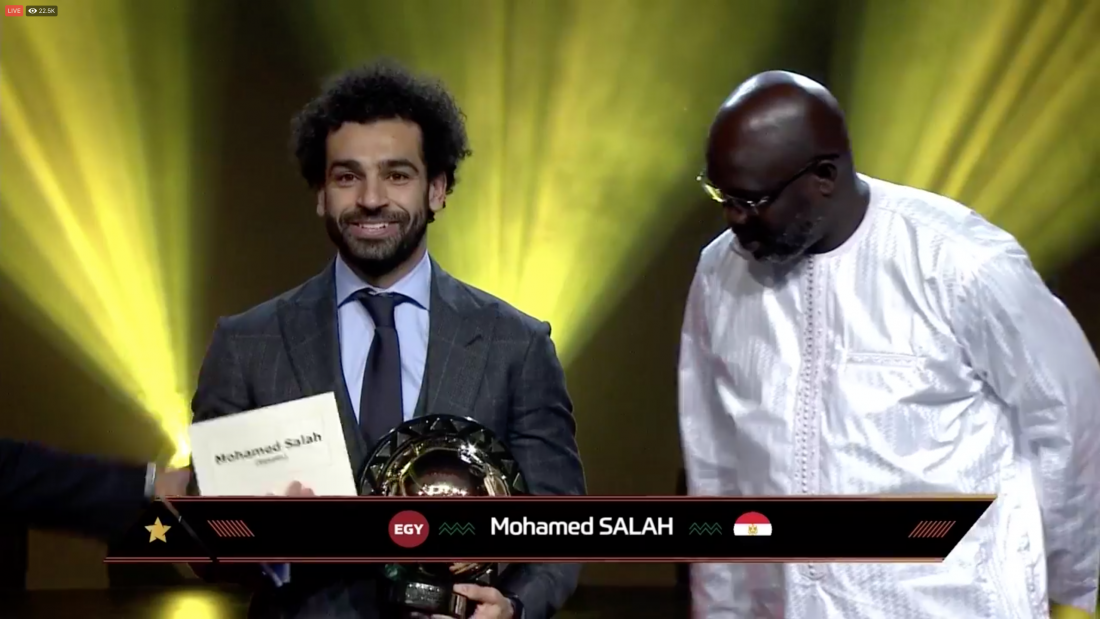
BB: Major brands and events would typically hire an international agency to do the job for them. They only trust the big names. It’s pretty unusual that they picked a local agency this time. How were you able to change the mindset of your client to make this shift?
OB: They were definitely skeptical at first. We showed them samples of our work and the way we do business, and they chose to take a leap of faith and give it a try with the CAF awards. They said, we like your strategy and the work you’ve done across different sectors, and they decided to give it a try with the CAF awards event. Thankfully, we did well, and I think they were amazed. We did our best, and luck must have been on our side, but thank God we blew their expectations, and it worked.
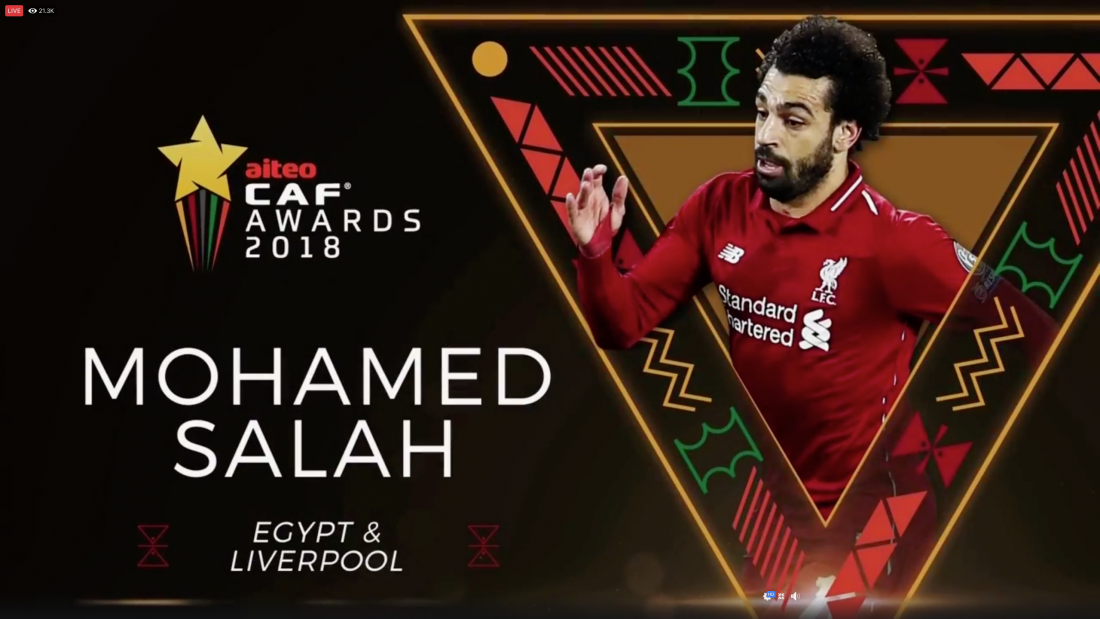
BB: Did you consider the concept of not just promoting the competition, but also promoting Africa as a destination brand?
OB: We wanted to make Africa look great, but without particularly promoting a single country as a tourist destination. We wanted to revamp African football as a brand, but also to perfectly articulate the authenticity of the African culture into the forefront of the brand strategy and design.
BB: Research plays a vital role when it comes to developing a strong brand strategy and empowers strategists to build powerful brands. Please comment with shedding lights on CAF awards project.
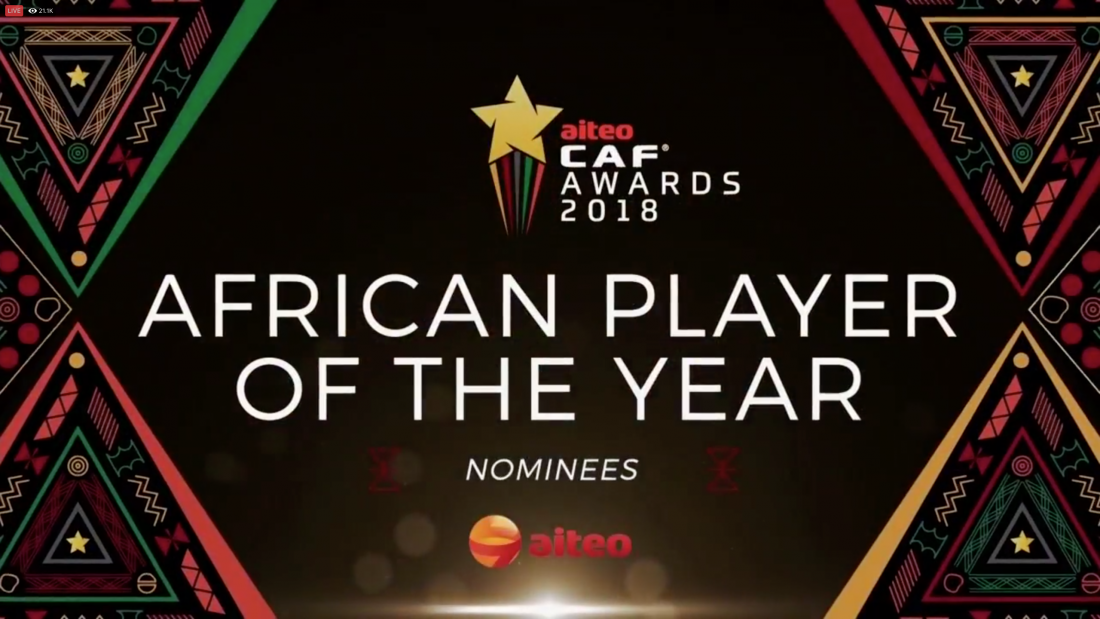
OB: Generally speaking, the more you invest in researching a project and grabbing its insights, the better you’re going to perform. Branding is a form of expression and communication. It requires a lot of investment into research to extract the values behind the brand you are trying to represent to be able to communicate a story worth telling. There has to be a story. We successfully accomplished this with CAF awards. At this project, we wanted to come up with a story that has a stopping power. This is what makes a brand strategist different from a creative designer; A strategist needs to look around, do research, and devise a story for the brand to tell.
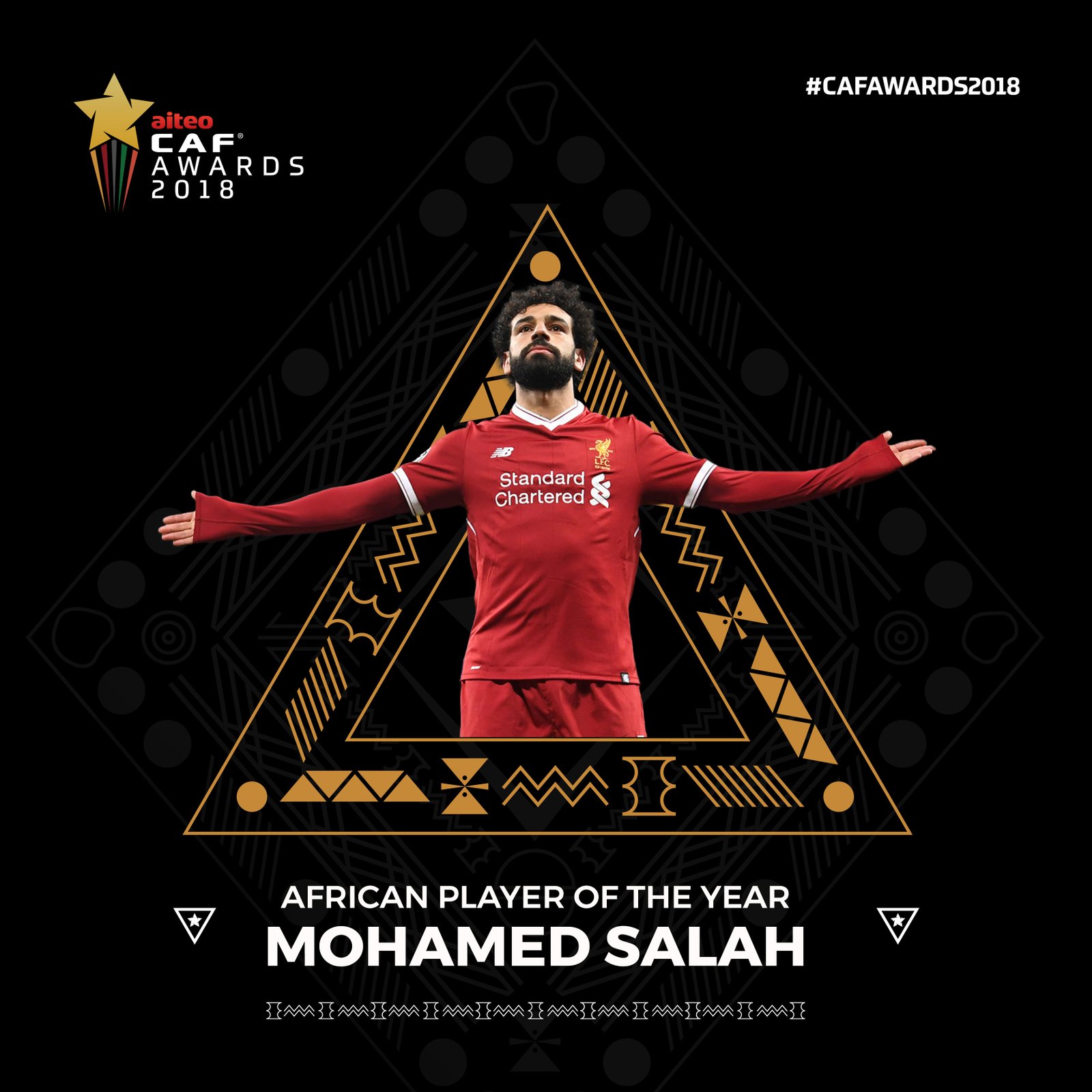
BB: A strong creative strategy revolves around crafting a compelling and resonating narrative. Being the creative leader of the project, what was your inspiration?
TO: When you want to create an iconic brand, you need to go back to the roots. People in Africa take the roots of civilization very seriously, with so many tribes still holding on to their own local tribal languages and rituals. We dug deep into this for CAF awards, we came up with 11 different values cherished by every African, and we transformed these into 11 different symbols that represent those values.
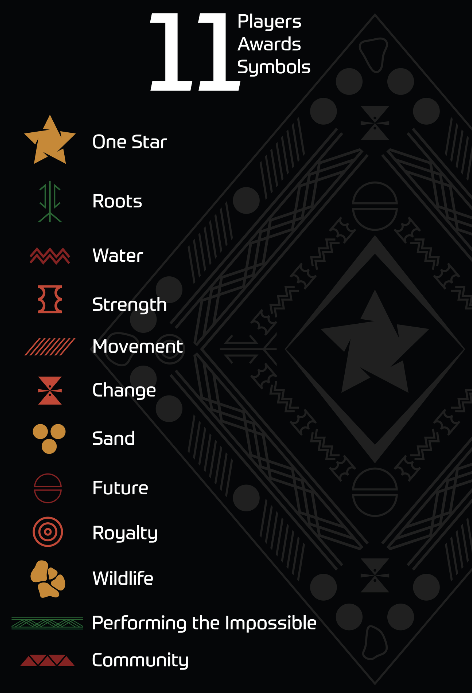
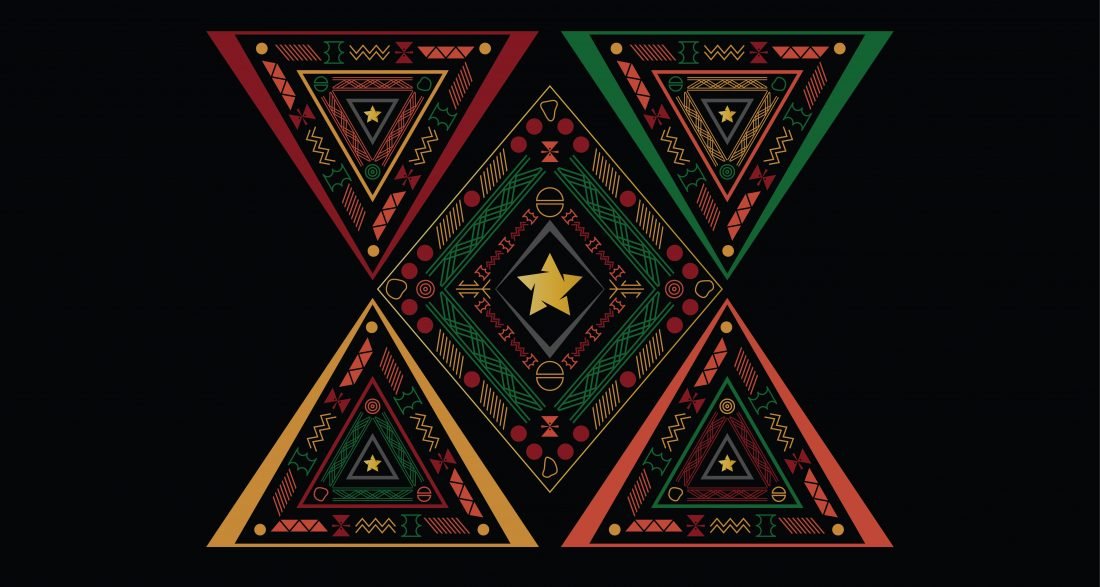
BB: Local agencies are still lagging behind their international counterparts, making it only safe for clients to go for a multinational agency. Do you agree or disagree?
OB: Well, I can only agree with that. But, let me give you an example here; I always hear from friends from some of the richest Gulf states about how Medicine is not well-developed in their own countries in spite of a very solid infrastructure and abundance of resources. I have a wealth of family members who work as doctors, and when I asked one of them why this might be the case, he said it has something to do with doctors’ hands getting rusty. Practice makes perfect, and branding strategists, same as doctors, will need to keep themselves busy with work to build their skillset.
Local branders need trust to start working on world-class projects, and that’s the only way they, themselves, will be world-class. Locals can deliver breakthrough branding concepts for their local brands. It’s not about the resources, it’s all about putting your heart into what you’re doing. Big entities should understand the need to put their trust into local agencies to build local brands.
BB: Does this project pave the way for rebranding our very own Egyptian Football Association?
OB: We hope. Nothing would give us more pride than rebranding our own national football regulatory body.
BB: What’s the next big thing for The Brand Bees ?
OB: Fintech is the future! The Brand Bees has been selected to strategize, name and design ‘Damen’ – Arabic for Guarantor-. Capitalizing on the Egyptian government’s upcoming policy in creating and monetizing an integrated, local-leading and convenient payment gateway, hence emerged the need for the birth of a an e-card brand that facilitates supplying proper goods to underprivileged citizens. ‘Damen’ is a brand of Smart Solutions, a Cairo-based leader in developing tech solutions. Although the Egyptian market has witnessed in the past five years the development of a giant payment gateway ‘Fawry’ – Arabic for immediate-, the market remains uncovered, especially the rural territories of the country. The team has done an extensive research, the thing that has led to coming up with the brand’s verbal and visual identities.

